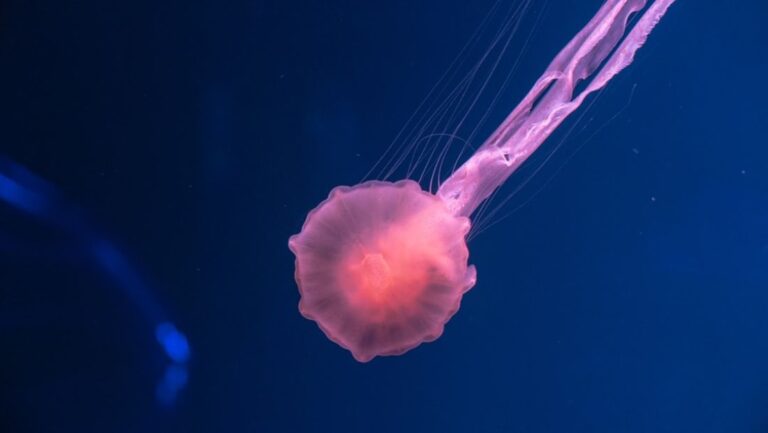
Water Scarcity Impact on Agriculture
Water scarcity is a pressing issue that has significant implications for agricultural practices worldwide. As the global population continues to grow, the demand for food is increasing, putting immense pressure on water resources. In this article, we will explore how water scarcity impacts agriculture and the challenges it presents to food production.
The Role of Water in Agriculture
Water is an essential resource in agriculture, playing a crucial role in crop production and livestock farming. Irrigation, the process of applying water to land to assist in the growth of crops, is a vital practice in agriculture, especially in regions with limited rainfall. Adequate water supply is necessary for plant growth, nutrient absorption, and photosynthesis. Livestock also require water for drinking and maintaining their health.
Subheading: Reduced Crop Yields
One of the most significant impacts of water scarcity on agriculture is reduced crop yields. Insufficient water supply can hinder plant growth and development, leading to lower productivity and poor quality crops. Without proper irrigation, crops may wilt, wither, or die, resulting in decreased yields and economic losses for farmers. In water-stressed regions, farmers struggle to produce enough food to meet the demands of the growing population, exacerbating food insecurity.
Subheading: Shifts in Crop Selection
Water scarcity can also influence farmers’ choice of crops. In regions where water availability is limited, farmers may opt to grow drought-resistant or low-water crops to adapt to the conditions. This shift in crop selection can impact food diversity and nutritional value, as certain crops may be prioritized over others due to their ability to thrive in water-stressed environments. Additionally, farmers may face challenges in growing cash crops that require more water, affecting their income and livelihoods.
Subheading: Increased Water Competition
Water scarcity in agriculture not only affects crop production but also leads to increased competition for water resources. As the demand for water rises with population growth and urbanization, conflicts over water allocation between agriculture, industry, and domestic use become more prevalent. Farmers may find themselves competing with other sectors for access to water, leading to water rights disputes and potential water shortages for agricultural activities.
Subheading: Impact on Livestock Farming
Livestock farming is also impacted by water scarcity, as animals require water for drinking, feed production, and maintaining hygiene. In water-stressed areas, farmers may struggle to provide an adequate water supply for their livestock, leading to reduced animal health and productivity. Water shortages can result in dehydration, malnutrition, and disease among livestock, affecting meat and dairy production. Farmers must implement water conservation practices and efficient water management to ensure the well-being of their animals.
Subheading: Adoption of Water-Saving Techniques
To mitigate the impacts of water scarcity on agriculture, farmers are increasingly adopting water-saving techniques and sustainable practices. Drip irrigation, rainwater harvesting, and mulching are some of the methods used to optimize water usage and improve crop resilience to water stress. These practices help conserve water, reduce water wastage, and enhance crop yields in water-limited environments. Farmers are also exploring drought-tolerant crop varieties and soil moisture management techniques to cope with water scarcity challenges.
Subheading: Future Challenges and Solutions
As the effects of climate change intensify, water scarcity is expected to become a more pressing issue for agriculture. Rising temperatures, erratic rainfall patterns, and prolonged droughts will pose challenges to food production and water availability. To address these challenges, policymakers, farmers, and stakeholders must work together to implement sustainable water management strategies, promote water conservation practices, and invest in water infrastructure. Improving water governance, enhancing water efficiency, and raising awareness about the importance of water conservation are crucial steps towards ensuring food security and sustainable agriculture in a water-scarce world.
In conclusion, water scarcity has far-reaching implications for agriculture, affecting crop yields, crop selection, water competition, and livestock farming. By adopting water-saving techniques, promoting sustainable practices, and addressing future challenges, we can mitigate the impacts of water scarcity on agriculture and ensure food security for future generations. Prioritizing water conservation and efficient water management is essential in building a resilient agricultural sector that can thrive in a water-stressed world.





